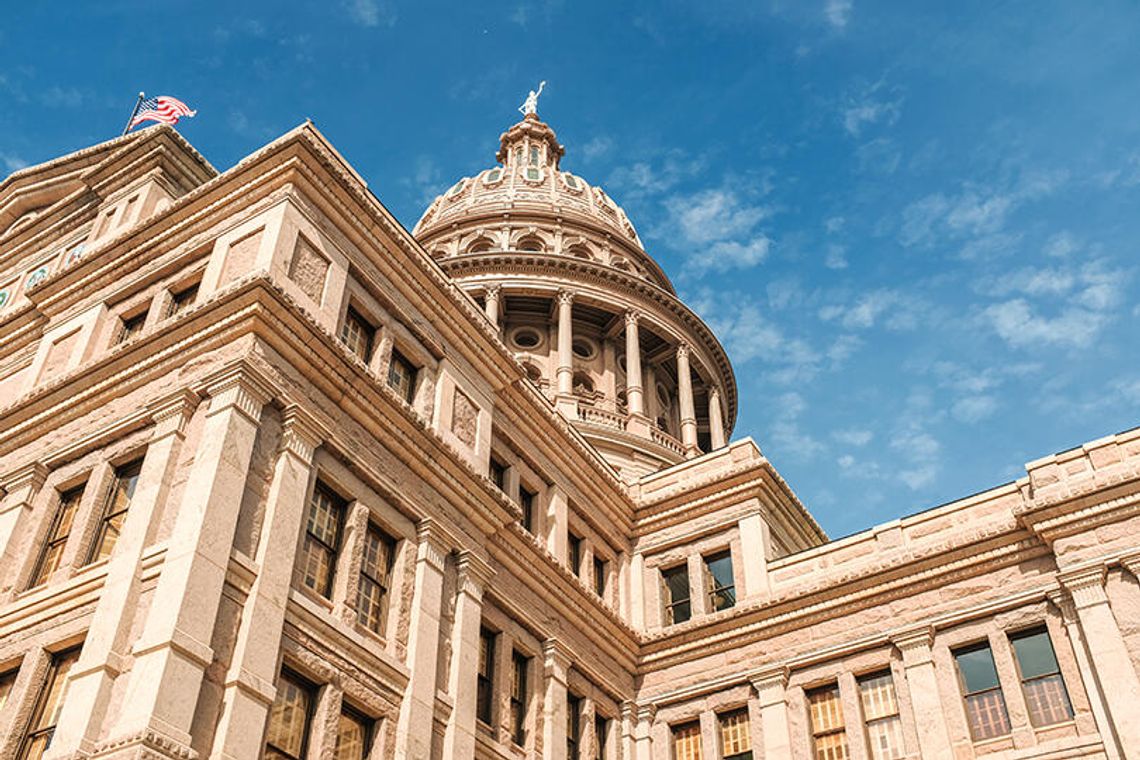On June 22, Texas Governor Greg Abbott made two decisions that particularly impact area school districts and their families.
First, he vetoed a budget measure that would have provided free lunches to low-income children during the summer months in 2027.
Through the Summer Electronic Benefits Transfer (EBT) program, qualifying families would have received $120 per child to pay for lunches. An estimated 3.75 million children across the state would have qualified, costing the state up to $60 million.
Abbott cited a “significant uncertainty regarding federal matching rates for this and other similar programs” as his reason for rejecting the program. He said Legislature can reconsider funding this program once there is more clarity about its long-term financial ramifications.
Whitesboro has offered free lunches to its students in past summers. According to WISD Food Service Director Sheila Johnston, three years ago the district was feeding 100 kids a day.
This year, the district did not offer the program in anticipation of the governor’s veto.
“We are investigating other avenues in which we may be able to offer this again next year,” WISD Superintendent Ryan Harper said.
Neither Collinsville nor S&S have been offering free summer lunches. Collinsville is currently focusing on their curriculum, departmentalization and staff restructuring changes (as reported in the July 4 issue of the News-Record) and S&S is considering free lunch options for next summer.
The veto has drawn statewide concerns from families and school administrators. They worry about their students from lower-income families who rely on the food provided by the school district throughout the year, and whose summer meal programs help bridge the gap when school is not in session.
Celia Cole, Chief Executive of Feeding Texas (which represents the state’s food banks) said the organization was disappointed by the governor’s decision.
“This program would have provided critical nutrition support to children during the summer months when school meals are unavailable and food insecurity often peaks,” she said.
Many are hoping the state’s decision will be rescinded before next summer begins.
Gov. Abbott also signed House Bill 1481 into law, banning the use of a “personal communication device” at public schools during school hours.
The list of banned devices includes cell phones, tablets, smartwatches, radio devices, ear buds, paging devices or any other electronic devices “capable of telecommunication or digital communication.” The bill makes exceptions for devices provided by the school for educational purposes. School boards have 90 days to adopt the new policy.
Although the law is newly passed, this doesn’t change much for many Texas school districts. Before Abbott signed HB1481 into law, 20-25 districts across the state had already put restrictions in place on cell phone use in the classrooms.
According to Harper, Whitesboro High School students have already been using designated “garages” to place their cell phones in during instructional time. If a student was caught using their device during class, the device was confiscated. Refusal to hand over their device resulted in additional disciplinary action.
“Students are allowed to use or check their devices during passing periods and during lunch rotations,” Harper said.
He also said that Whitesboro’s new policy will match what the law is stating; discipline attached to breaking the new policy is to be determined.
“WISD is reviewing various policies and procedures to better determine what is the best fit for WISD,” Harper said. “We will be finalizing an updated policy at the August board meeting.”
S&S Superintendent Jeff Russell issued a public statement on July 5, explaining that while “S&S CISD instituted a policy that prohibited the use of phones and other personal devices a few years ago,” the new law prohibits their use completely during school hours.
“This slight change may take some getting used to, but please know our top priority is creating a focused, engaging and safe learning environment for every student,” Russell wrote. “In a world full of distractions, we believe this step will help our Rams stay present and connected to what matters most during the school day.”
He further explained that in case of emergencies, children would be able to take advantage of office resources to contact their families.
Collinsville Superintendent Matthew Davenport said that at the junior high level, cell phones have been taken up at the first of the day and returned to students at the end of the day.
The district is currently working on what their campus-wide policy will be for the coming school year.
Area Supts: Abbott’s statewide free lunch veto, cell phone ban minimally affects area school districts
- 07/11/2025 06:00 AM

Source: Freepik.com
